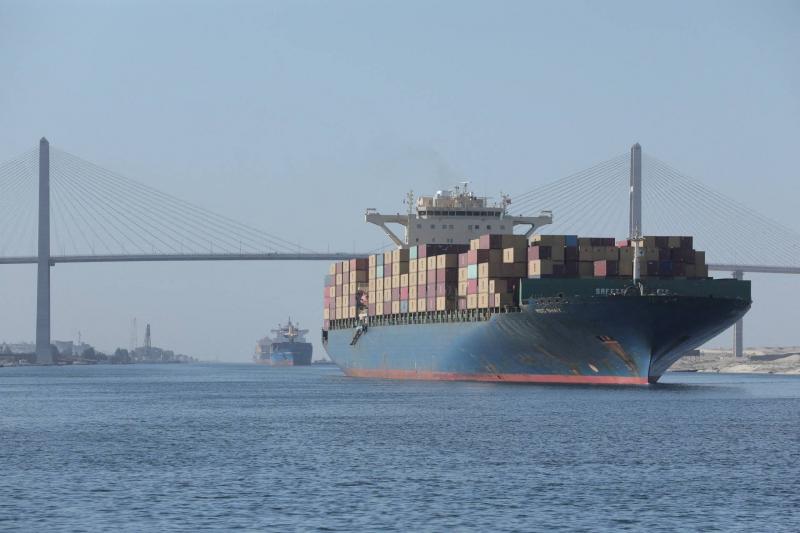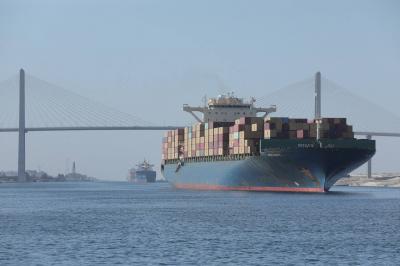The U.S. Department of Defense (Pentagon) indicated that "U.S. and British forces launched a new round of strikes in Yemen on Monday, targeting an underground storage site belonging to the Houthis, along with missile and surveillance capabilities used by the Iranian-aligned group to attack shipping in the Red Sea." The Houthis, who control the most populated areas in Yemen, assert that these attacks are in solidarity with Palestinians amid Israeli bombings in Gaza.
In response to these attacks, U.S. and British forces conducted strikes on eight different sites in Yemen, supported by Australia, Bahrain, Canada, and the Netherlands, according to a joint statement signed by the six countries.
The Houthis' attacks have disrupted global shipping and raised concerns about worldwide inflation and the potential destabilization of the Middle East due to the conflict between Israel and the Palestinian Islamic Resistance Movement (Hamas). British Prime Minister Rishi Sunak stated in Parliament on Tuesday, "Preliminary indications show that last night's strikes... destroyed all intended targets." He added, "We cannot stand by and allow unacceptable and illegal attacks in the Red Sea to go unchallenged. I urge the Houthis to stop such attacks. The UK will not hesitate to respond again to protect innocent lives and preserve the freedom of navigation."
A senior U.S. military official, speaking anonymously, stated that between 25 to 30 rounds of ammunition were fired, some from warplanes launched from an American aircraft carrier. Eight rounds of strikes last month had failed to stop Houthi attacks on ships. Houthi military spokesperson Yahya Saree mentioned that "the U.S.-British coalition carried out 18 airstrikes, 12 of which were in the capital Sana’a, three in the coastal city of Hodeidah, two in Taiz, and one in Al-Bayda Governorate." He added that these attacks would not go unanswered or unpunished.
U.S. officials noted that "the strikes have weakened the Houthis' ability to launch sophisticated attacks," but they refused to disclose numbers regarding missiles, radar systems, drones, or other military capabilities that have been destroyed thus far. The U.S. military official told Pentagon reporters, "We achieved the intended effect."
British Foreign Secretary David Cameron stated after the recent strikes that the action sent a clear message to the Houthis. He added, "We will continue to limit their ability to carry out these attacks while sending the clearest message possible that we support our words and warnings with actions." President Joe Biden stated last week that "air strikes will continue," but acknowledged that they may not stop Houthi attacks.
Last week, the Houthis launched two anti-ship ballistic missiles at a U.S.-owned tanker, which fell into the waters near the vessel but did not result in human or material losses. Experts say that "Biden's emerging strategy concerning Yemen aims to weaken the Houthi militants, but it does not amount to an attempt to defeat the Yemeni movement or confront Iran directly, the main backer of the Houthis." This strategy, seemingly a mix of limited military strikes and sanctions, aims to punish the Houthis while limiting the risk of a broader conflict in the Middle East.
Sunak stated, "Britain and the United States are working closely on new sanctions that will be announced in the coming days." Container ships are temporarily ceasing operations or rerouting away from the Red Sea, which leads to the Suez Canal, the quickest shipping route from Asia to Europe. Many ships, in turn, are taking the longer route around the Cape of Good Hope in Africa.




